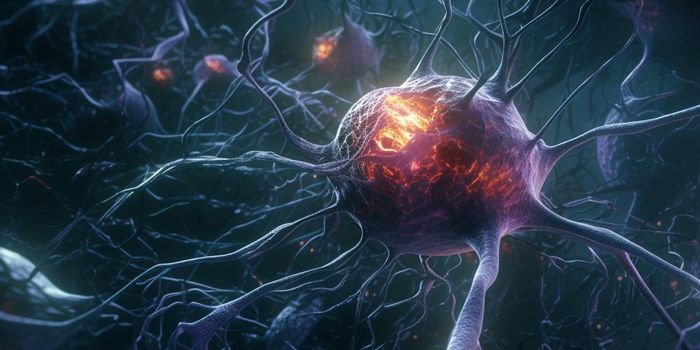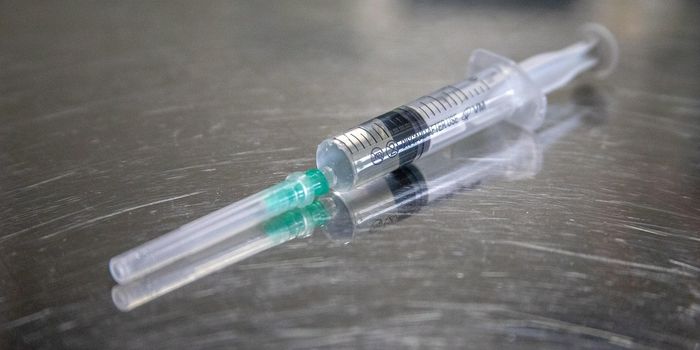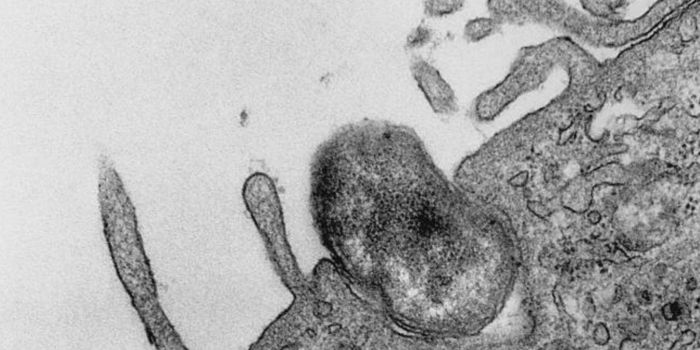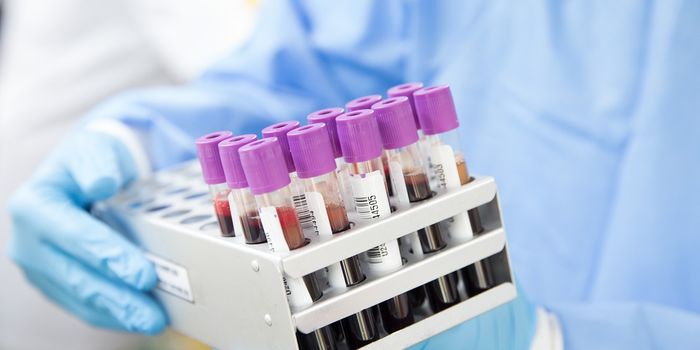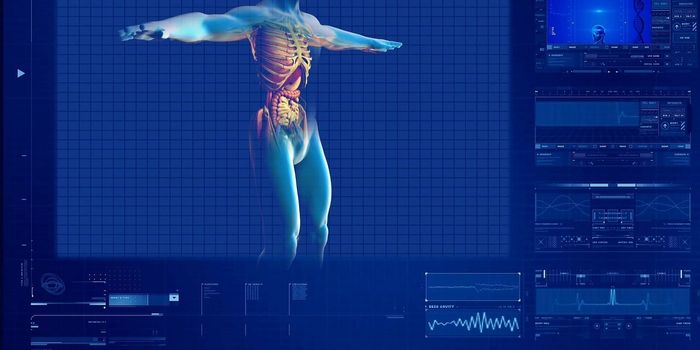Advancements in Prostate Cancer Screening Supported by AI
Tumor heterogeneity, which refers to variations in the cellular and genetic components between cancer cells within a tumor, can complicate the determination of optimal treatment approaches for individual patients. In addition, the dissimilarity between different regions of a tumor can pose a challenge to cancer screening and diagnosis.
Heterogeneity becomes a particular concern with needle biopsies, a screening technique used to diagnose prostate cancer. When removing just a small amount of tissue from a tumor, the biopsy could sample benign tissue, rendering a negative cancer diagnosis. However, due to heterogeneity, the healthy sampled cells could be surrounded by malignant tissue that was not removed during the test.
Benign samples obtained through needle biopsy can express cancer markers, but these markers may be too subtle to detect with microscopy techniques used to examine the tissue. To develop new strategies for detecting minor morphological indicators in benign prostate samples, a team of researchers designed a study implementing artificial intelligence (AI) methods. The study's results, recently published in Scientific Reports, could significantly enhance prostate cancer screening and diagnostic practices.
The study examined samples from men with elevated prostate-specific antigen (PSA) and benign prostate cancer biopsies. The researchers then evaluated the ability of AI to detect subtle cancer markers in the samples and, subsequently, predict a prostate cancer diagnosis in the near future.
The researchers evaluated benign biopsies from 232 men. One cohort of patients developed prostate cancer after their benign biopsy, while a second cohort of patients remained prostate cancer-free for at least eight years after their benign biopsy.
The researchers developed an AI model that analyzed biopsy tissue sections graded by pathologists as benign. The analysis revealed that the AI model accurately predicted patients would later develop prostate cancer by interrogating tumor-specific patterns.
The study demonstrates that AI can effectively decipher subtle changes in tumor tissue that are not yet distinguishable by histology. The authors suggest that this AI model could aid in the early detection of prostate cancer. Further, validation of predictive models, particularly those that can be applied with limited discomfort to patients and in a cost-effective manner, could identify patients who would benefit from more frequent monitoring and screening regimens.
Sources: Sci Rep


